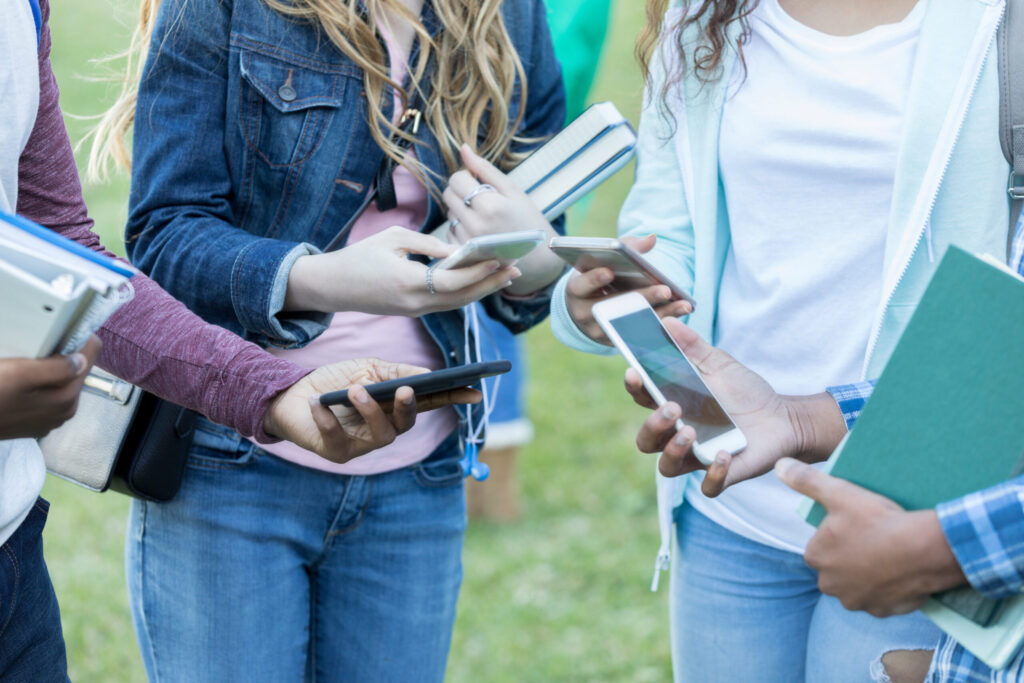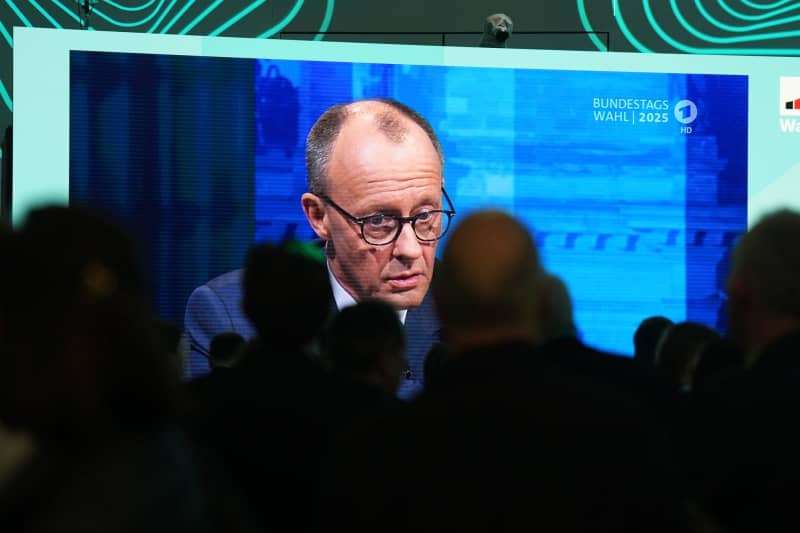
A group of teenagers checking their cellphones. (Photo courtesy of SDI Productions via Getty Images)
Virginia school boards may soon have more control over how cell phones and smart devices are governed in classrooms. Legislation granting local districts the authority to craft their own policies cleared the General Assembly on Friday and now heads to Gov. Glenn Youngkin for consideration.
House Bill 1961, introduced by Sam Rasoul, D-Roanoke, and it’s companion measure, Senate Bill 738 by Sen. Stella Pekarsky, D-Fairfax, comes amid growing concerns over the impact of smartphones on children’s health. While research has linked excessive phone use to adverse effects on students’ well-being, advocates also recognize the role devices play in providing educational resources and communication tools.
Advertisement
Advertisement
Last year, a similar measure aimed at allowing school boards to ban phones and other “handheld communication devices” during school hours failed to pass. However, many schools had already implemented their own restrictions.
Unlike Yougkin’s existing guidelines, Rasoul emphasized that his proposal provides more local flexibility and ensures age-appropriate policies across different schools. It also includes critical exceptions for students with disabilities who rely on electronic devices for communication.
Importantly, Rasoul said the legislation prevents harsh disciplinary measures, ensuring that violating a school’s phone policy alone wouldn’t lead to suspension or expulsion.
“We just wanted to ensure that this new cell phone policy wasn’t weaponized against the students and that would lead to suspension and expulsion,” Rasoul said. “While the student can be pulled from the classroom, of course, if they’re acting up, we want to ensure that we are not utilizing this new policy in a way that, in and of itself, just by violating the policy would lead to expelling a student.”
Advertisement
Advertisement
Last summer, Youngkin signed Executive Order 33, directing his administration to implement cell phone-free policies amid rising concerns over children’s mental health and declining academic performance.
Citing research by the American Psychological Association, the order highlights that adolescents who spend more than three hours daily on social media daily are twice as likely to experience poor mental health. It also references studies showing that children spend an average of 4.8 hours a day on social media and that students who use their phones during class learn less and earn lower grades.
Under the guidelines, which took effect on Jan. 1, elementary, middle, and high school students are required to be phone-free during the entire school day, with middle and high schoolers permitted to use their phones only before or after school.
Local school divisions have the flexibility to tailor specific rules to their district’s needs. The policy also includes exemptions for students with disabilities and English Learner students with documented language barriers.
Advertisement
Advertisement
More in U.S.
During a Senate Education and Health subcommittee hearing last month, Pekarsky said that the response to Youngkin’s order was “successful” and “positive.” However, she stressed the need to formally establish these policies in state law to ensure consistency and local control.
“We just need to codify this to make sure that everyone knows that you have to have a policy, you have to talk with your community [and] discuss what policy works for you,” Pekarsky said.
SUBSCRIBE: GET THE MORNING HEADLINES DELIVERED TO YOUR INBOX
EMEA Tribune is not involved in this news article, it is taken from our partners and or from the News Agencies. Copyright and Credit go to the News Agencies, email news@emeatribune.com Follow our WhatsApp verified Channel




